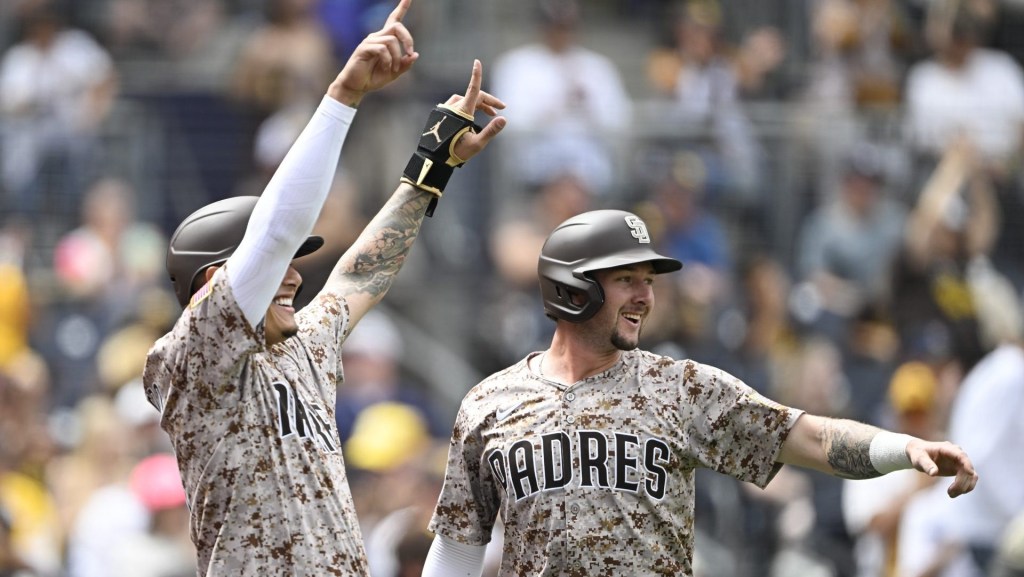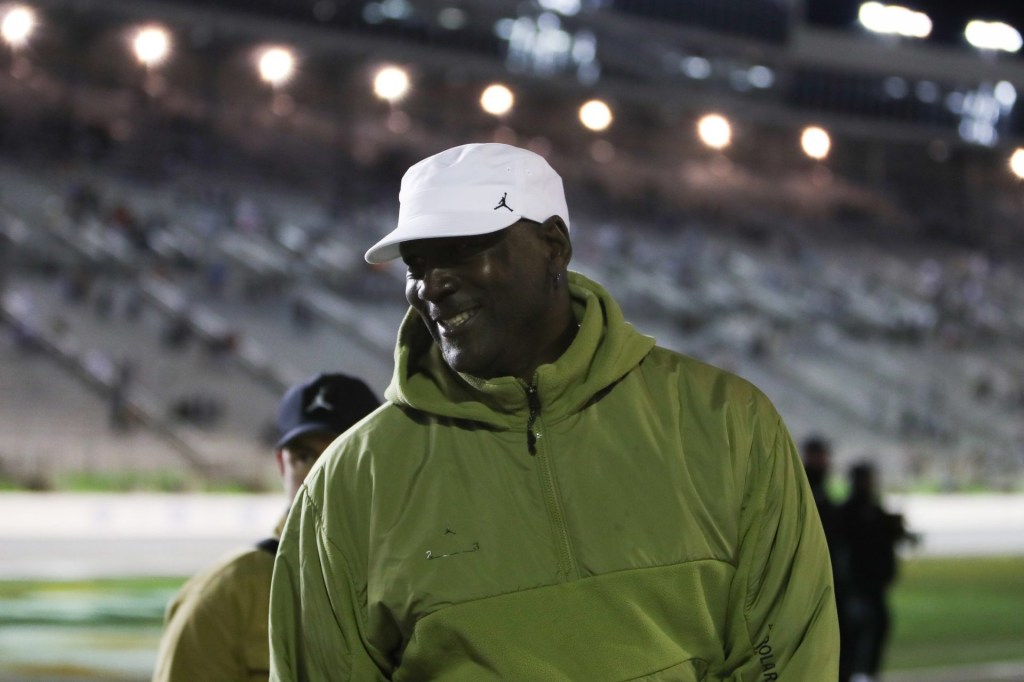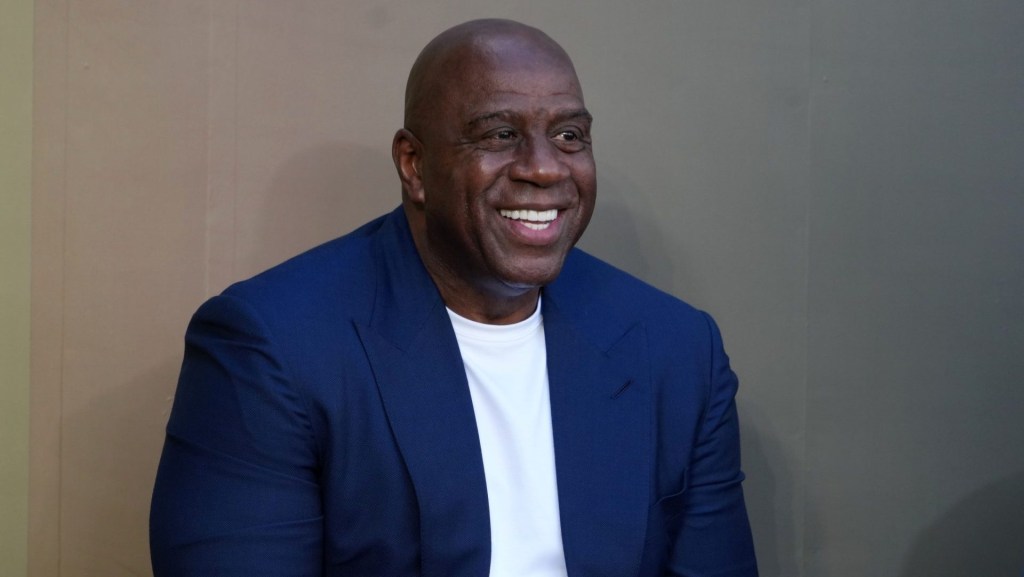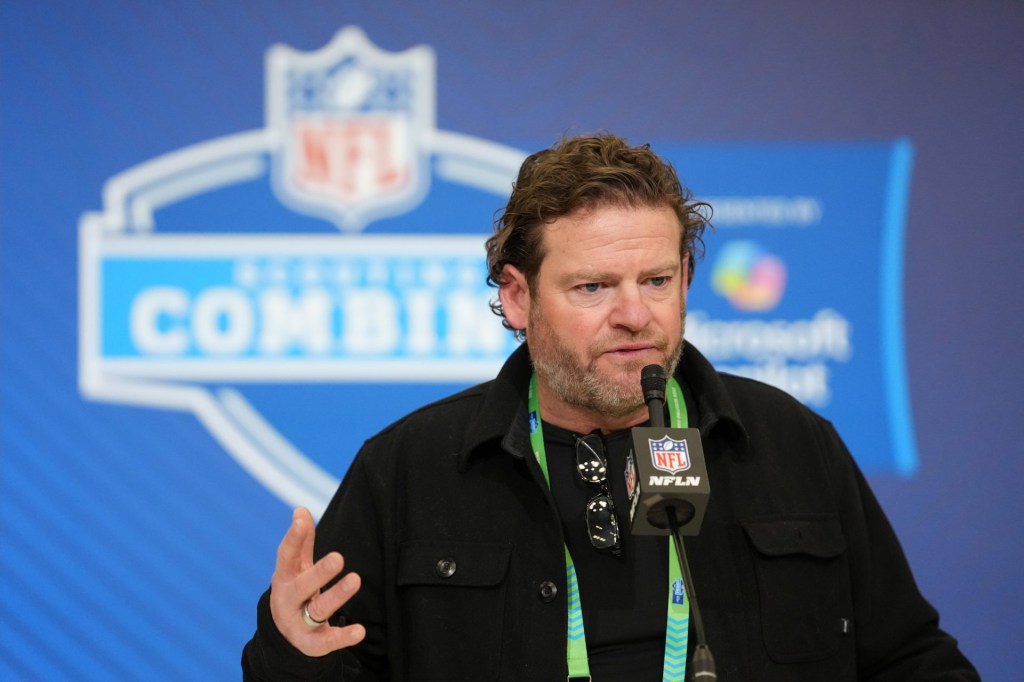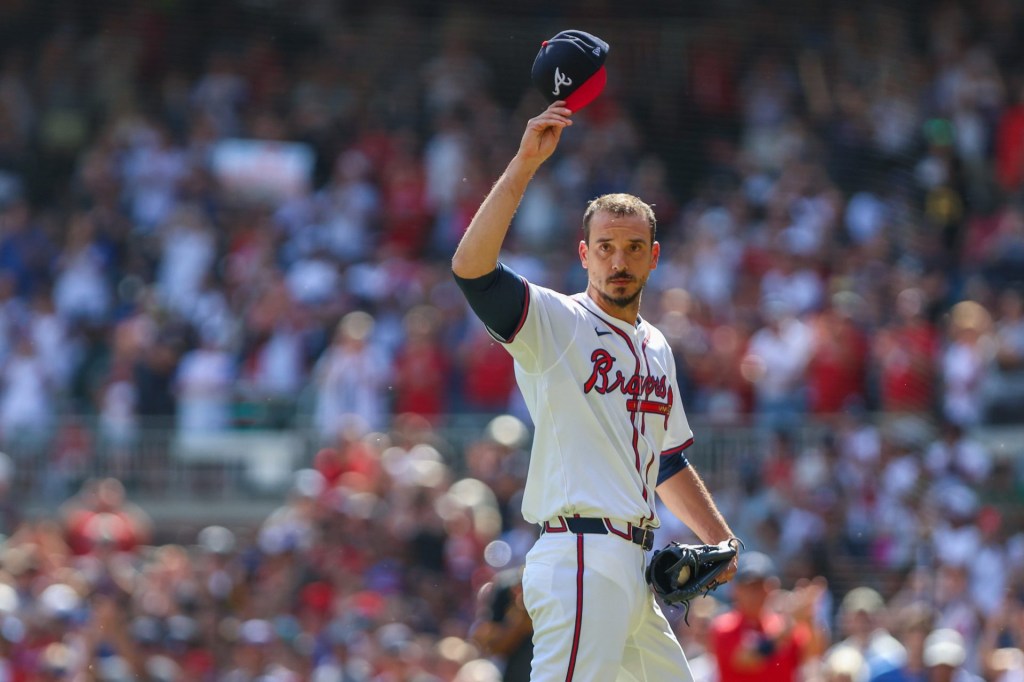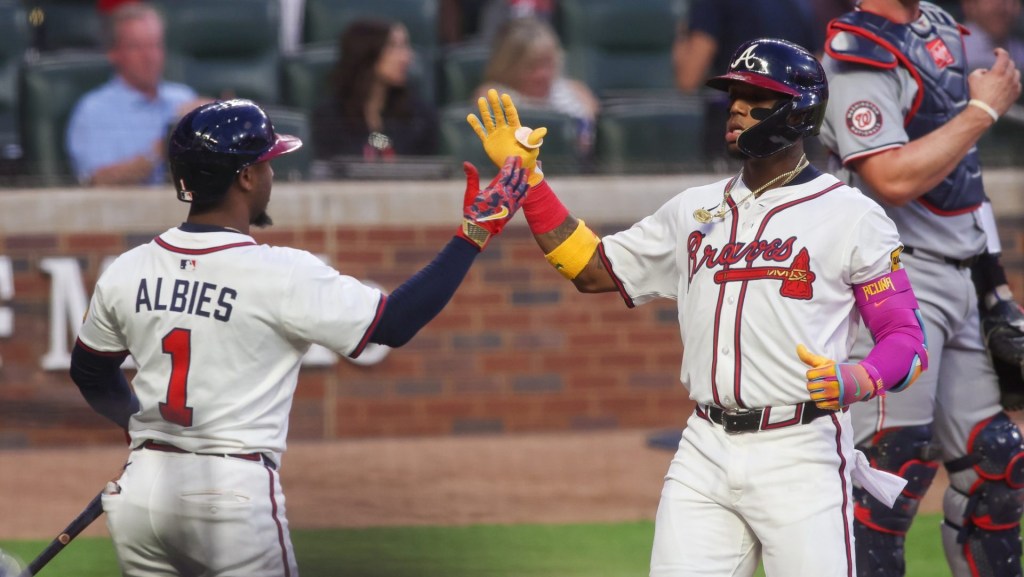The Timberwolves are eight wins away from what would be perhaps the most awkward podium celebration in the history of sports.
Whom would Adam Silver hand the Larry O’Brien Trophy to? Longtime owner Glen Taylor? Or minority owners Alex Rodriguez and Marc Lore, who are in the middle of a dispute with Taylor over an aborted sale of Taylor’s majority stake in the team?
Rodriguez and Lore were supposed to have owned the team by now. But Taylor pulled the plug on the deal in March, over what he says was a missed payment by A-Rod and his money man. The baseball legend and his business partner claim they did their part, and that Taylor is simply regretting the sale price.
The pair are currently heading to arbitration with Taylor after a failed mediation session last month, creating one of the strangest playoff runs in recent sports history. Both groups are not just stewing and plotting behind the scenes but actively at the games.
Rodriguez embraced Anthony Edwards on the court in Denver after the team clinched its first Western Conference finals appearance in 20 years, which starts Wednesday night in Minnesota against the Mavericks. Taylor has been courtside for multiple playoff games and was the victim of a Jamal Murray staredown in the Timberwolves’ Game 3 loss. While it’s early to gauge how the T-Wolves’ run has influenced the valuation of the franchise, even its current one is enough to add some value, experts tell Front Office Sports.
“I think the actual situation with the Wolves is fairly unusual,” Victor Matheson, a sports economist at College of the Holy Cross, told FOS. “It’s kind of nothing but good for Glen Taylor here, right? Every step you go toward an NBA championship would probably place a little bit of a premium on that team to whoever that next owner ends up being.”
The original sale Taylor made to Rodriguez and Lore valued the team and its WNBA team, the Lynx, at $1.5 billion. Forbes’s current valuation of the team has it at $2.5 billion as of October 2023.
Few comparable situations have cropped up in the NBA. The closest might be former Clippers owner Donald Sterling receiving a lifetime ban during the 2014 playoffs; Los Angeles beat the Warriors in the first round and then was knocked out in the second.
Forbes’s $2.5 billion figure would have the Wolves 29th out of the league’s 30 teams, and that’s with a billion-dollar bump up from the price Taylor sold at. You can see why he has what Lore and Rodriguez have termed “seller’s remorse.” The median NBA franchise value, according to Forbes’s valuations, is $3.36 billion, right between the defending champion Nuggets and the Cavaliers.
Some downplay how much long-term value a playoff run would have, but even skeptics acknowledge a title run could juice the team’s valuation by hundreds of millions of dollars.
“It’s a middle-scale market that has not had historical success on the court,” Patrick Rishe, the director of the sports business program at Washington University in St. Louis, tells FOS. “A deep run and potentially a championship in Minnesota—as wonderful a sports story that would be—this is not even going to catapult the valuation to the middle. Is it going to push them past the Bucks or the Utah Jazz, who are in the low threes? I think they can get close to that, but I don’t see that eclipsing them.”
Part of that increased value is the emergence of Edwards as one of the faces of the league as his performances have become must-watch TV. Franchise players can have a gigantic effect on a valuation; it’s not a coincidence former Bucks owner Marc Lasry sold his stake in the franchise while Giannis Antetokounmpo was on the roster. And the Cavaliers being the 16th most-valued franchise in the NBA is largely a testament to the heights LeBron James elevated the franchise to during his two tenures with the team.
“And Anthony Edwards could still be that guy,” Rishe says. “If we get to a place where they win a championship this year and let’s say they become a dominant force and he’s must-see TV, the biggest place for that will help them is their regional TV deal,” which would have a significant impact on the team’s revenues and therefore value.
The Wolves’ current TV deal is in flux as the team’s games are carried by Bally Sports North, which is part of the Diamond Sports Group that is currently going through bankruptcy proceedings. While either Taylor or Rodriguez and Lore are getting an even better deal than they originally signed up for, the organization is still limited by its market size, revenue, and history, or lack thereof.
The biggest impact the organization could have isn’t from capitalizing on this current playoff run, but sustaining it. When Taylor took the team off the market, he claimed Rodriguez and Lore planned to slash salary and impact the Wolves’ ability to contend in the coming years. The argument raised eyebrows around the NBA as Taylor has paid a paltry $25 million in luxury tax in his 30 years of ownership.
The playoff run has certainly increased the team’s valuation, especially in the short term. But for the run to have an impactful spike, it will be up to the Wolves to do something they’ve never done in franchise history: Get out of the first round two years in a row.
“There is some scope for being successful, putting more people in the seats and therefore selling more concessions and all of that so their revenues go up and their costs don’t go up in a meaningful way because player salaries are the major cost,” said Dennis Coates, a sports economist at the University of Maryland. “So for an NBA franchise it can affect the bottom line for that season. Does it affect the bottom line for the expected lifetime of owning a franchise? Probably not that much. They have to be very successful over a long period of time to manifest.”


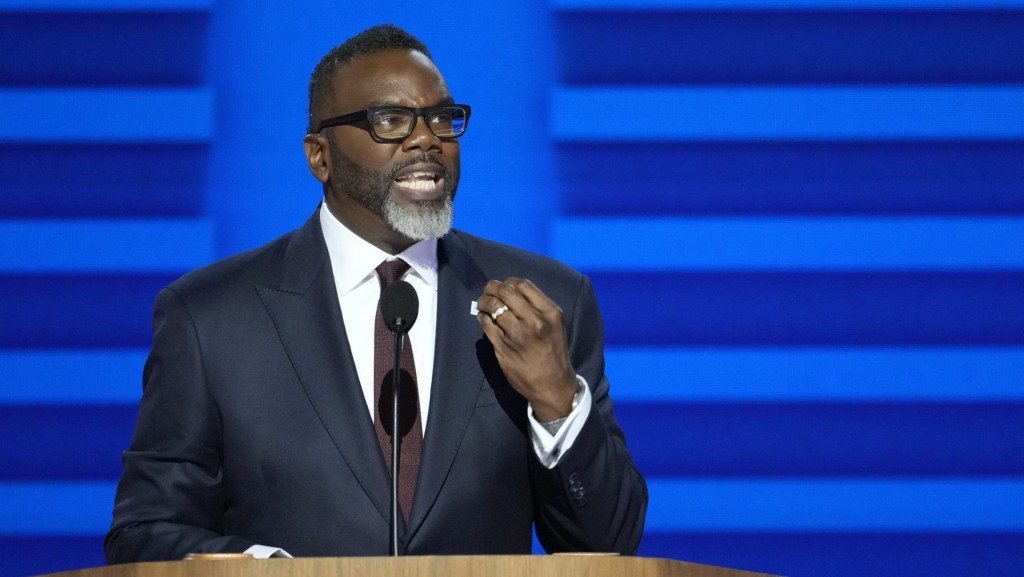
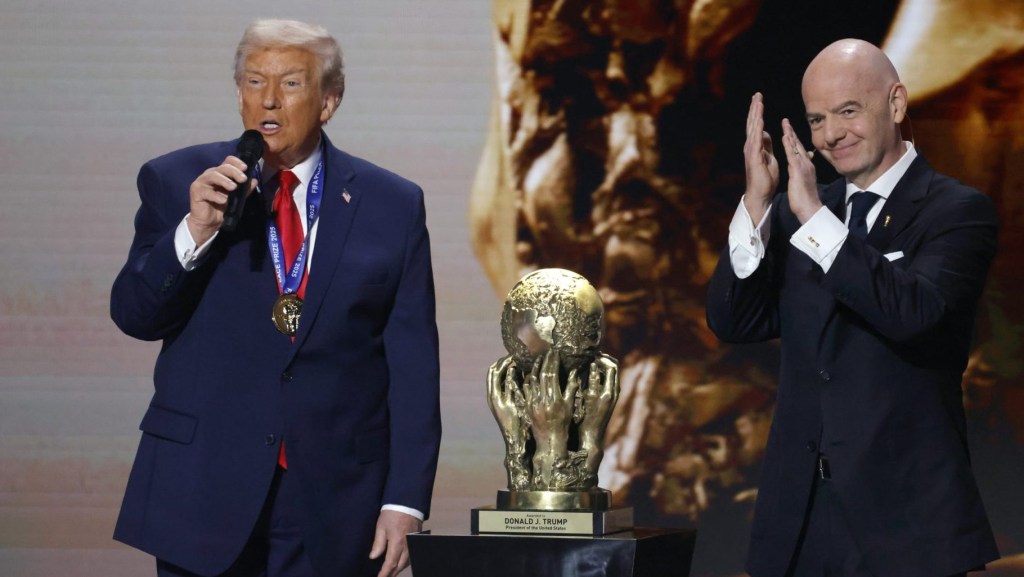



![[Subscription Customers Only] Jun 15, 2025; Seattle, Washington, USA; Botafogo owner John Textor inside the stadium before the match during a group stage match of the 2025 FIFA Club World Cup at Lumen Field.](https://frontofficesports.com/wp-content/uploads/2026/02/USATSI_26465842_168416386_lowres-scaled.jpg?quality=100&w=1024)
![[Subscription Customers Only] Jul 13, 2025; East Rutherford, New Jersey, USA; Chelsea FC midfielder Cole Palmer (10) celebrates winning the final of the 2025 FIFA Club World Cup at MetLife Stadium](https://frontofficesports.com/wp-content/uploads/2026/02/USATSI_26636703-scaled-e1770932227605.jpg?quality=100&w=1024)

